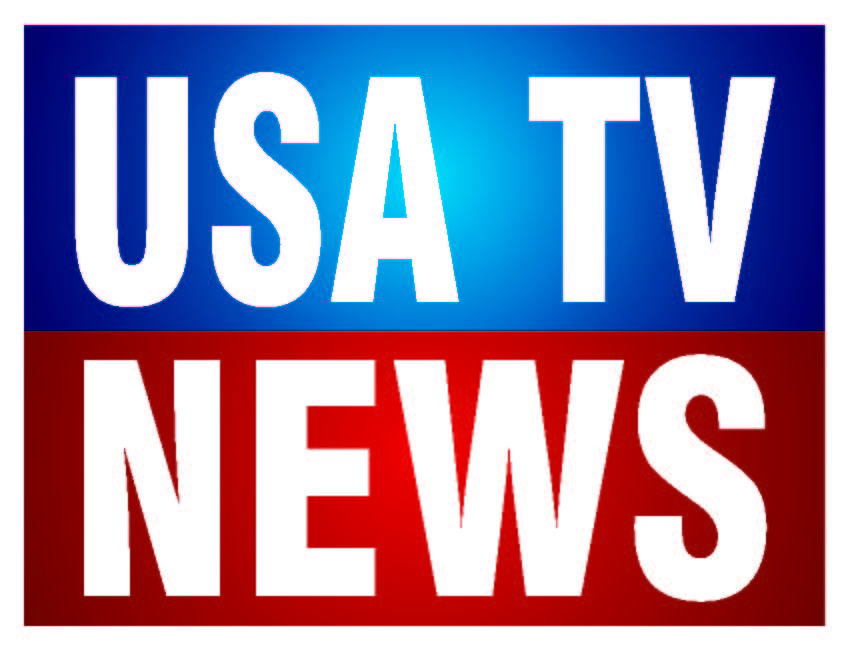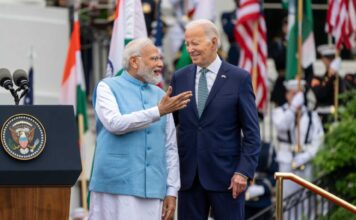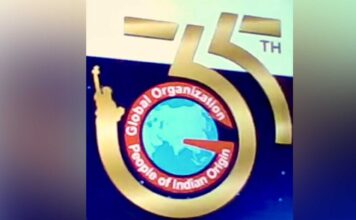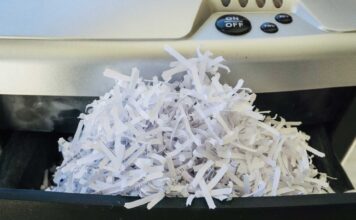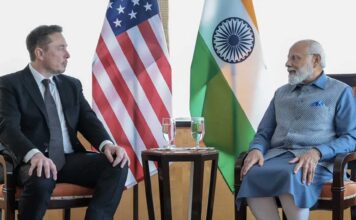At the start of the 12th week of protests in Hong Kong, it becomes more evident by the hour that the future of Xi Jinping and his regime in Beijing are riding on the outcome just as much as is the fate of the territory.
And the indications at the moment are that Xi will use the confrontations with the Hong Kong pro-democracy protesters to enhance his power at home and abroad. He will also reaffirm that the Chinese Communist Party regime is now so confident on the world stage it can ignore international criticism if it plays rough.
Xi was handed an unexpected gift on Wednesday when Donald Trump, every dictator’s most avid groupie, tried to promote himself as a conciliator in the Hong Kong crisis.
Trump tweeted “I have ZERO doubt that if President Xi wants to quickly and humanely solve the Hong Kong problem, he can do it. Personal meeting?”
All this piece of silliness managed to achieve was to provide more grist for the Beijing propaganda machine’s narrative that the Hong Kong protests, and especially the increasing violence, are being driven by the United States.
There is some suspicion that Trump’s Tweet was aimed at making Hong Kong an element in the Washington-Beijing trade war. If that is so it will be counter-productive. Xi cannot risk the suggestion that the US president influences his domestic policies.
The cherry on the cake
So Trump’s twittering has both pushed and enabled Xi to take a tough line on Hong Kong. If the Chinese President is looking for an excuse to send the security forces massing in Shenzen across the border to take control in Hong Kong, then Trump has handed it to him.
The tweet is the cherry on the cake of the accusations of US involvement that Beijing has been peddling since the protests started at the beginning of June.
There is clearly documented evidence of the protest groups seeking and getting support from the US. The Civil Human Rights Front, the group that organized the mass, peaceful marches, gets funds from the US National Endowment for Democracy.
There is also a campaign underway among Hong Kong pro-democracy groups both in the territory and among its widespread Diaspora of emigrants to get the US Congress to enact its proposed Hong Kong Human Rights and Democracy Act.
This legislation would enable the US to place sanctions on Hong Kong and mainland officials who undermine the high degree of autonomy, partial democracy and the independent judiciary the territory was promised when Beijing regained sovereignty from Britain in 1997.
To this end, and in the quest for broader support for Hong Kong and its people, several well-known pro-democracy activists from the territory have lobbied in the US. Among them are Anson Chan, the former head of the Hong Kong civil service who was the popular favorite to be the territory’s governor after the British departed, but who was ignored in favor of a Beijing loyalist.
Both Chan and the fearless pro-democracy media tycoon Jimmy Lai have had meetings with Vice-President Mike Pence.
Nationalist message
None of this is real evidence of Beijing’s claims that the US is orchestrating the Hong Kong protests, but it provides a solid base on which the propaganda machine has built an outraged nationalist message.
The protests started as opposition to a proposed extradition bill that many Hongkongers feared would be used by Beijing to grab political dissidents and take them to China where there is no rule of law or independent judiciary.
In one of the early marches about two million people – almost one-third of the population of Hong Kong – came out to peacefully protest the bill. In response, the territory’s governor, Chief Executive Carrie Lam, announced she would shelve the bill, though she has refused to take the legally binding step of withdrawing it.
There was a significant change in the situation on June 12, the day the bill was meant to be debated in the territory’s legislature. The police used tear gas and fired rubber bullets at demonstrators, and since then the level of violence has increased.
Protesters insist it is the police that are instigating the violence, and that they are no longer under the control of Lam’s enfeebled administration. There’s a good deal of evidence to support those claims.As the days and weeks have come and gone, the whole nature of the confrontation has changed.
The readiness of the police to use extreme anti-riot tactics has prompted the large proportion of Hong Kong’s seven million people who support the protests to stay home.
